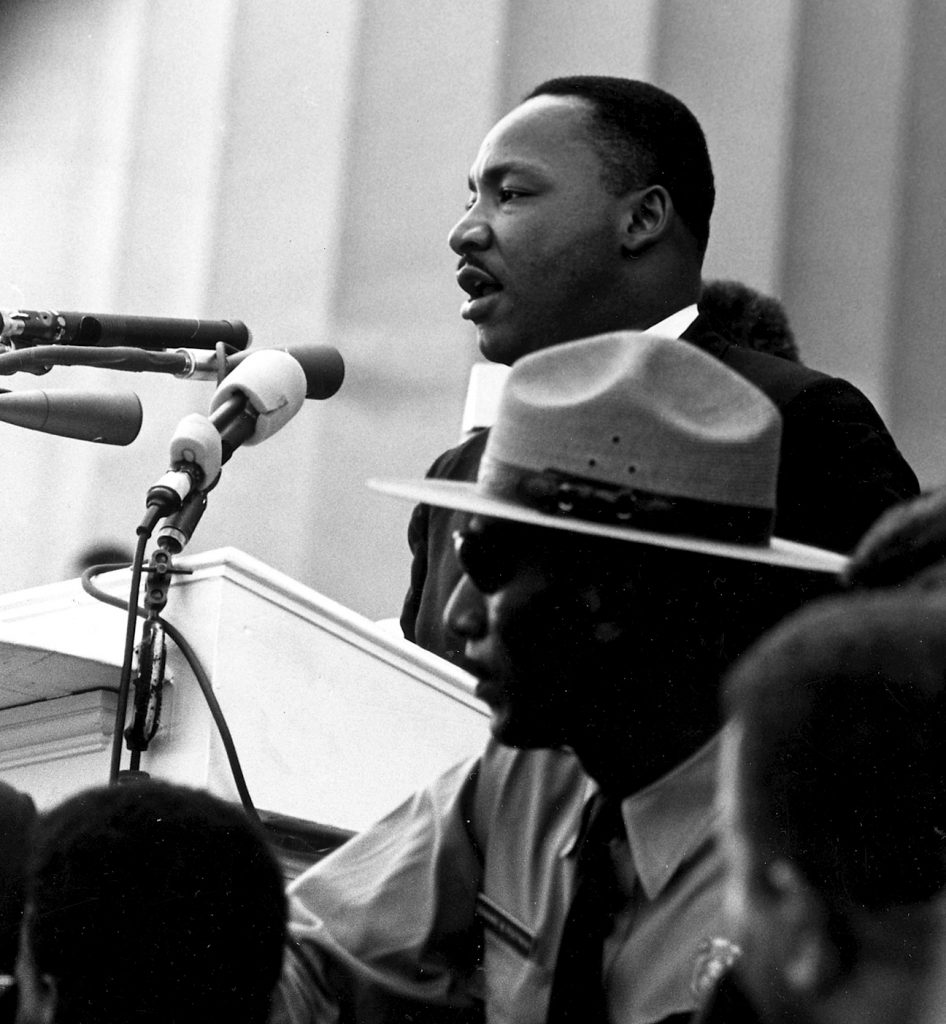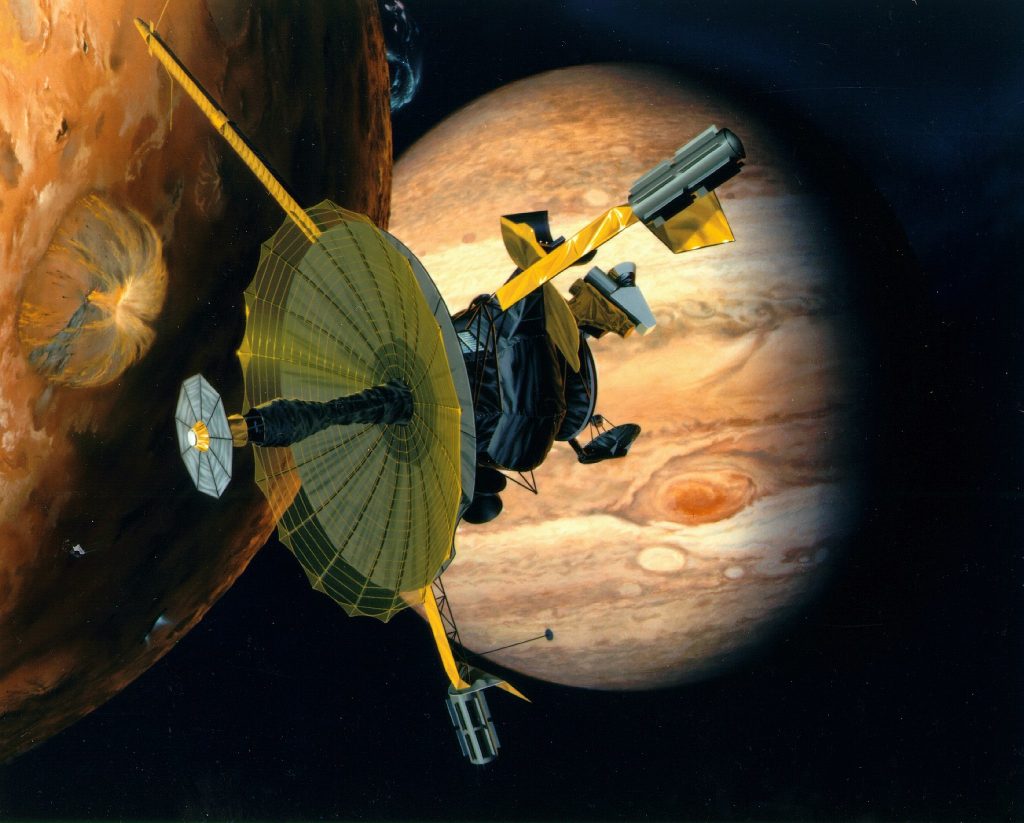A closer look at key historic events that took place on August 28:
In 1996, Prince Charles and Princess Diana Divorce
Prince Charles and Princess Diana officially finalized their divorce after years of public and private turmoil. The dissolution of their marriage was a major media event, marking a significant moment in British royal history.

epa000401653 (FILES) Picture dated 29 July 1981 of the newly married Prince and Princess of Wales (formerly Lady Diana Spencer) kissing on the balcony of Buckingham Palace after their wedding ceremony at St. Paul’s cathedral. To Diana, Priness of Wales, Camilla Parker Bowles was simply “The Rottweiler”. Throughout her marriage, Diana was consumed with jealousy at Charles’s close relationship with his married confidant and the animosity between the pair was long-lived. EPA/- UK AND IRELAND OUT
In 1993, Spacecraft Galileo Takes Pictures of the Asteroid Ida
On August 28, 1993, NASA’s Galileo spacecraft captured the first-ever images of asteroid Ida and its moon, Dactyl. This marked the first discovery of a natural satellite orbiting an asteroid, providing key insights into the nature of these celestial bodies.
In 1968, the Battle of Michigan Avenue Takes Place
The Battle of Michigan Avenue occurred on August 28, 1968, during the Democratic National Convention in Chicago. Anti-Vietnam War protesters clashed violently with police in what became a significant moment of civil unrest, broadcast to a national audience and deepening divisions in American society.

Protesters climb the General John Logan Memorial in Grant Park as demonstrations occur in the area.
1968 Democratic National Convention, Chicago. Sept 68 C15 8 1313 , Photo by Bea A Corson, Chicago. Purchased at estate sale in 2011 by Victor Grigas Released Public Domain
In 1963, Martin Luther King Jr. Gives His “I Have a Dream” Speech
On August 28, 1963 Martin Luther King Jr. delivered his famous “I Have a Dream” speech during the March on Washington for Jobs and Freedom. His powerful words became a defining moment of the Civil Rights Movement, inspiring generations in the fight for racial equality.

Dr. Martin Luther King giving his “I Have a Dream” speech during the March on Washington in Washington, D.C., on 28 August 1963.
Public Domain via Wikimedia Commons
In 1914, The Battle of Helgoland Bight Takes Place
The Battle of Helgoland Bight occurred on August 28 between British and German naval forces during World War I. It was the first major naval engagement of the war, resulting in a British victory and the sinking of several German ships.

A Remarkable Camera Record of the Sinking of the German Cruiser Mainz off Heligoland August 28th 1914. A photograph taken from the deck of a British cruiser just before the Mainz sank, In the foreground British sailors watch the Mainz on fire. The text indicates the photo was taken from the deck of one of the British cruisers present, and shows a British gun crew standing by their 6 inch gun. The Mainz is seen on fire, minus two after funnels and a mast, shortly before heeling over and sinking.Unknown author – “The Great War – Amalgamated Press. c1914.” Illustration taken from The Great War – Amalgamated Press. c1914. The Great War series was published by the Amalgamated Press between 1914 and c1919-20. Editorsː Herbert Wrigley Wilson and John Alexander Hammerton. The Great War: The Standard History of the All-Europe Conflict
In 1793, the Siege of Toulon in the French Revolutionary Wars Begins
The Siege of Toulon began on August 28, 1793, during the French Revolutionary Wars. Republican forces laid siege to the royalist-controlled city, which was supported by British and Spanish forces. The siege was a pivotal moment, leading to the rise of Napoleon Bonaparte.

The armed coalition against France evacuated the port of Toulon in 1793. Fire of part of the French fleet and the arsenal.
By Forand A – brown.edu, Public Domain via Wikimedia Commons
In 476, the Fall of the Western Roman Empire Is Completed
The Western Roman Empire officially fell when its last emperor, Romulus Augustulus, was deposed by the Germanic chieftain Odoacer. This event is widely considered the end of the ancient Roman Empire and the beginning of the Middle Ages in Europe.



